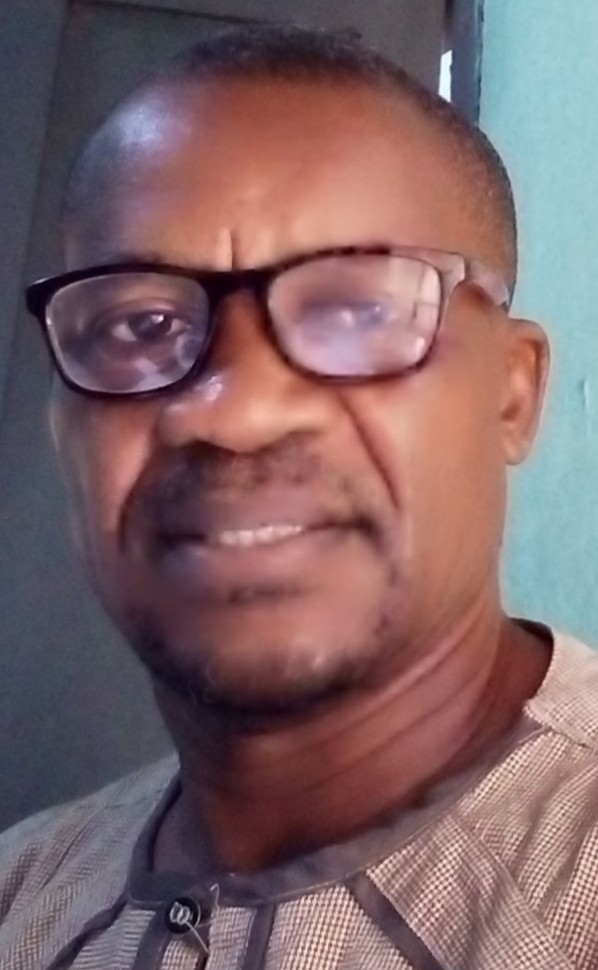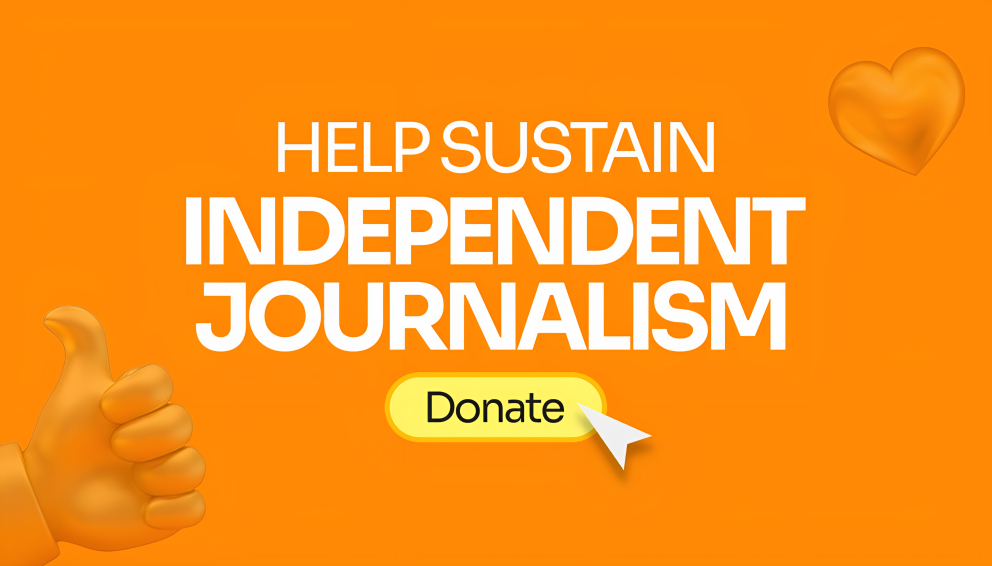Applause followed some judgments of the Supreme Court, recently, when they returned governors sacked by the Appeal Court to their seats. The applause, apparently, is an indication that many of the governors who were reinstated were actually the popular choices in their respective states. But for the finality of the Supreme Court judgments, the people would have been deprived of their choice at the polls. What usually follows in such a cas is a series of unending strife.

The governors concerned included Abba Yusuf of Kano, Plateau’s Caleb Murfwang, Bala Mohammed of Bauchi, among others.
Notably, Nigerians are gradually accepting the Supreme Court as the ultimate power to decide who governs at any level. With this development, a question arises about the position of the electoral empire in determining the direction of public opinion in election matters. In otherwords, in the democracy we are building, is it the opinion of the people or the opinion of the court that matters?
If democracy is defined as government of the people, for the people and by the people, why then should we rely on the opinion of a few members of the society that constitute the court to decide on who should be governor or the people’s representative?
This is not about undermining the relevance of the Judiciary in a democracy, which is essentially to interpret the law. To that extent, the courts are necessary because the electoral process must have laws that regulate it for it to be seen as free and fair and as a reflection of the people’s wish.
What is under interrogation is the declaration, often emanating from the courts, that a candidate was duly elected into office even when the figures from the polls say differently. Perhaps, the court might be under the conviction that there had been infractions in the filing of papers for the winner before the polls. Should that warrant an outright pronouncement that an opponent in a distant second or third position in the contest should occupy that seat?
At the core of democracy is the electoral process and it is only genuine figures from the polls that tell the world who won an election. It is, therefore, necessary for these figures to be computed with pinpoint accuracy for a generality of the people to be satisfied that their democracy is on course.
Should the courts, however, discover that there were infringements that tended to rig the election in favour of the declared winner, the only fair judgement in such a case would be to order for a rerun. If the infraction is grave enough to disqualify the candidate, the rerun can be done without him in the race. That, in my own thinking, is interpretation of the law.
Because the correct figures from the polls are vital, it is therefore important that Nigeria must adopt electronic voting in its entirety to avoid a series of rerun costing so much money.
We are wrong to assume the infallibility of the courts which are made up of human beings, not angels. It is easy to influence the opinion of the few individuals in the courts, such that they turn blind eyes to obvious evidences of rigging and breach brought before them. That is why a candidate could commit all manner of atrocities to make sure he is declared a winner. In the end, he dares his opponents to go to court.
Again, because they are human beings, the judges are susceptible to giving discordant interpretations to the law, as it was in the already cited cases of the governors at the Supreme Court where the opinion of the Appeal Court was overturned.
Painfully, a couple of legislators had been removed by the Appeal Court panels on the same grounds which the Supreme Court quashed, thus putting the nation in a dilemma as to what to do about the unfortunate lawmakers whose right to litigation, by law, terminates at the Appeal Court level.
To leave the ultimate decision as to who won election totally in the hands of the Supreme Court is as wrong as it negates the core principles of Democracy. It tells the contestants that no matter how many votes they gather at the polls, they should not smile yet until they scale the Supreme Court hurdle.
The judges at the Supreme Court, being human beings, have come to realize their larger-than-life importance in our electoral system and they can stop at nothing to maximize gain from it, even to the extent of gathering for themselves any material benefits to last for a lifetime.
Those who get favoured by the judgments of the Supreme Court hail the development as true democracy. In reality, it is not, if Democracy is to remain government of the people, by the people and for the people, the people here being the majority among those who cast votes.
Coming to the main electoral umpire, the Independent National Electoral Commission (INEC), there is no doubt that the body must be wholly relied upon in the determination of who win elections, just as the referee does in the field of sports. A standard democracy, then, demands an INEC that is extremely above board, and truly independent. Can our INEC be truly seen as independent when a president appoints the chairman of the commission in an electoral contest where he is a participant? Nigeria’s elections would be free and fair the day the chairman of the electoral body emerges through a fair process that does not tie his allegiance to anybody or group whatsoever. He must also operate freely, under a condition that does not put him in a situation where he goes cap in hand for funds to carry out his duties. We are not sure that the national legislature has a political will to legislate over this important process of choice of INEC chairman.
Way back, when the late Chief Arthur Nzeribe sought to represent Orlu Zone of Imo State in the Senate, the campaign ground got charged as he threw out raw cash to the public who cared to be present. A group of women erupted in a dance, singing praises to the maverick politician and saying that they would carry votes, whole and entire, to him. He told them to carry their votes to Chief Achike Udenwa, who was gunning for governor of Imo State then under the same Peoples Democratic Party (PDP), but to bring him INEC (in Igbo language, bugara nu Udenwa vote, butere m INEC).
What this story tells us is that INEC itself has always remained a body that can be bought over to do the wrong thing and that the history of election rigging in Nigeria dates back years ago. The nation is then caught between the devil and the blue sea in the choice of the court or INEC as the body to tell who governs. It is, however, incontestable that a well constituted INEC is better than the courts in deciding who won elections. While the INEC should be the ultimate decider, the courts should simply adjudicate on conduct of the elections and hands off declaration of who won, except in cases where the number of votes cast is the bone of contention and the court is convinced beyond reasonable doubt as to the authenticity of such figures. The emphasis is on conviction and authenticity, so that the court will not fall into a quagmire that could soil their reputation.
The Judiciary should also be courageous enough to punish any INEC official who is proved to have done a shoddy job of the electoral process. There are other conditions the nation requires to guarantee better elections, such as ensuring that the INEC publishes real time the results of the elections fully conducted electronically.
Dr. Odu can be reached through [email protected] or SMS +2347016722929

